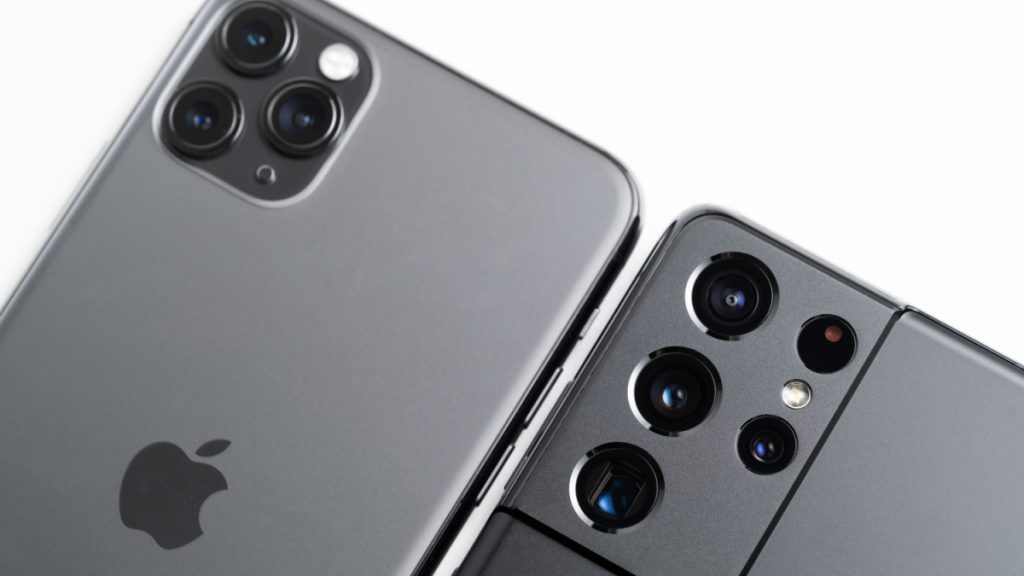
Researchers at the Massachusetts Institute of Technology (MIT) have unveiled a potential security risk associated with light sensors in smartphones. The team from MIT’s Computer Science and Artificial Intelligence Laboratory (CSAIL) found that these sensors, typically used for adjusting screen brightness based on ambient light, can be exploited by hackers for surveillance purposes without requiring camera access permissions.
The researchers discovered that the seemingly innocuous light sensors could be utilized to reconstruct images and capture hand gestures, compromising user privacy. They demonstrated scenarios where hackers could track scrolling, transitions, and interactions with the screen, even when using apps like video players and web browsers without explicit user consent.
In a series of tests using an Android tablet, the researchers showcased how ambient light sensors could be manipulated to capture movements and interactions at varying speeds, including real-time spying during video playback. The team proposed countermeasures, emphasizing the need for detailed application permissions to control sensor access and advocating for lowering sensor accuracy and speed to minimize the collection of sensitive data by malicious actors. Princeton professor Felix Heide highlighted the widespread privacy threat posed by this vulnerability, emphasizing the importance of addressing the oversight in safeguarding users from unintended surveillance through ambient light sensors.
As technology continues to advance, it becomes imperative to address unforeseen vulnerabilities that may compromise user privacy. The revelation by MIT researchers regarding the potential exploitation of smartphone light sensors underscores the need for heightened awareness and robust countermeasures. Users must be empowered with clear control over application permissions related to ambient light sensors, allowing them to safeguard their digital lives effectively. Simultaneously, the recommendation to lower sensor accuracy and speed serves as a practical step to mitigate the risk of unauthorized data collection. By acknowledging and implementing these measures, the industry can work collectively to fortify the security landscape and ensure that technological innovations prioritize user privacy in an ever-evolving digital era.
Inside Telecom provides you with an extensive list of content covering all aspects of the tech industry. Keep an eye on our Tech sections to stay informed and up-to-date with our daily articles.